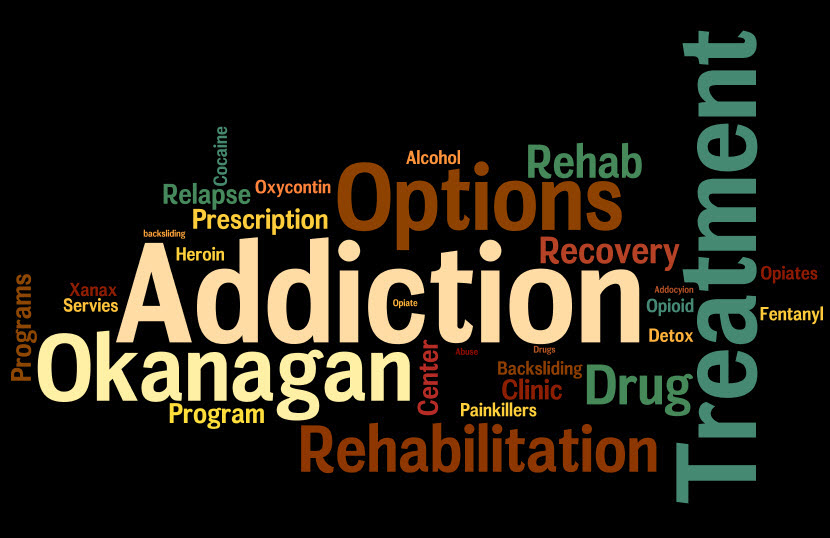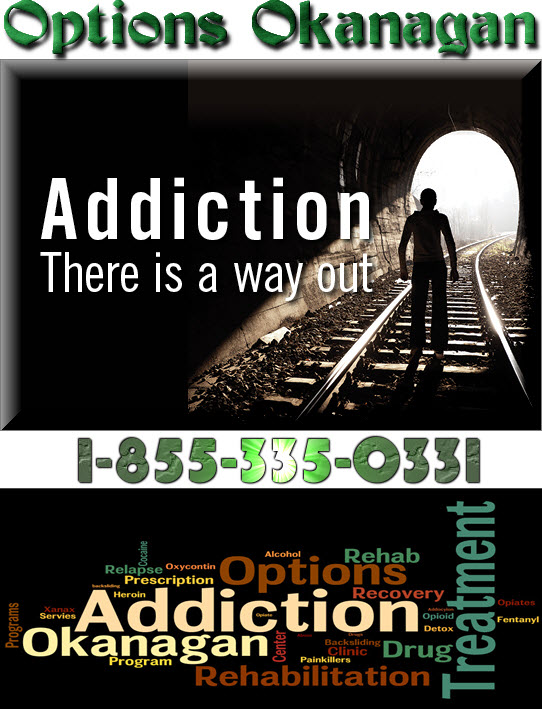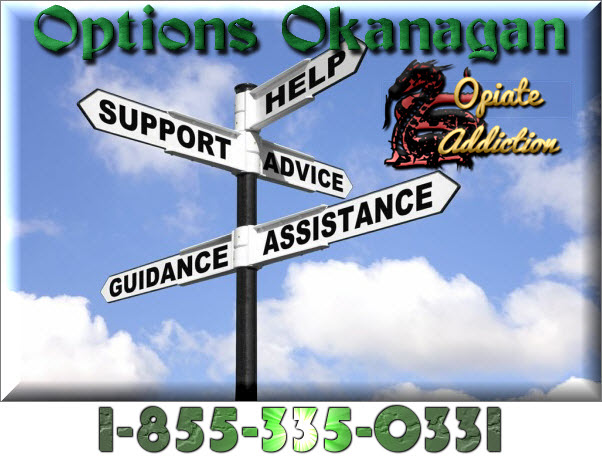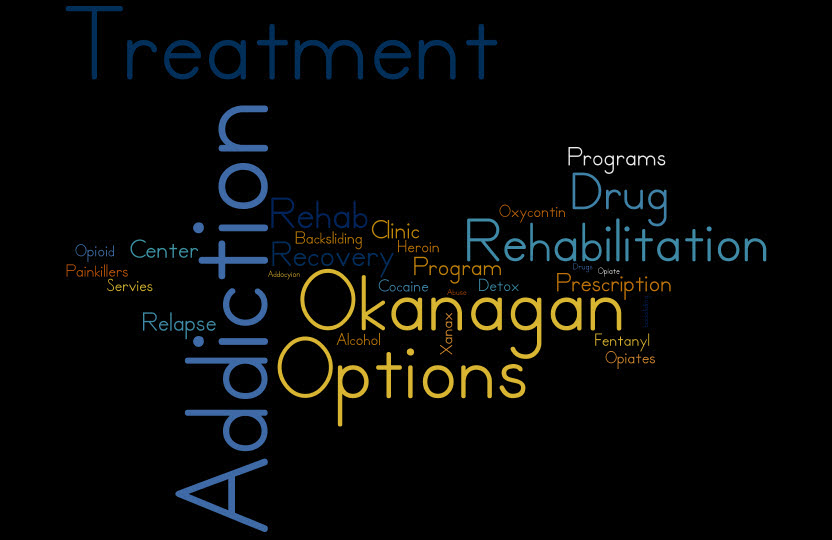How to help a loved one suffering from substance abuse and mental health problems in Calgary and Edmonton, Alberta by Options Okanagan Treatment Center in Kelowna, British Columbia treating opiate and other drug addictions and recovery.
When somebody you know suffers from both a substance abuse as well as an issue with mental health such as bipolar disorder, anxiety or depression, it is referred to as dual diagnosis or a co-occurring disorder. It is not an easy task to cope up with substance abuse, drug addiction or alcoholism, and these problems are even made more difficult with the presence of mental health issues, but there are available treatments that can help. By using the right treatment, self-help strategies and support system, a patient can overcome a co-occurring disorder and regain control over his or her life.

Helping someone with dual diagnosis can prove to be a roller coaster ride. It is not uncommon for the person to build resistance to treatment and the recovery periods can take a long time.
The most effective way to help your loved one is to acknowledge that there are things you simply cannot do. Forcing someone to stay sober or making someone take their medication on time isn’t the best way to do things. Your best course of action is to make positive choices in your life, encourage the patient to seek help, and provide all the support you can while ensuring you do not lose yourself in doing so.

1. Get support. It can be very painful to deal with a loved one’s co-occurring disorders of mental illness and substance abuse. It is important to make sure that you have emotional support to enable you to cope with all the stress and negative emotions this ordeal may bring. Share what you’re going through with someone you completely trust. It’s also recommended to get a therapy or join a support group.
2. Set limits. Be realistic when it comes to the amount of care you are able and willing to provide without feeling beaten and spiteful. It is recommended to impose limits on disruptive behaviors and make it a point to stick to them. Never allow the dual diagnosis to take over your life as it isn’t healthy for both you and your loved one.

3. Keep yourself educated. Learn as much as you can about the mental health issue of your loved one and the different forms of treatment for his or her substance abuse problem. The better your understanding of what your loved one is going through, the better you will be at providing support and speeding up treatment and recovery.
4. Remain patient. Recovering from a co-occurring disorder doesn’t happen overnight. It can take several months or even years before the patient recovers, and it isn’t uncommon to experience relapse. Both you and your loved one must have ongoing support as you work your way toward recovery.
Options Okanagan Opiate and Alcohol Treatment Centers in Kelowna, Salmon Arm and Vancouver, British Columbia – Men and Women are recovering and healing from Alcohol and Drug Abuse at our treatment center here in the Okanagan right now.

Our unique and distinctive Opiate Drug and Alcohol treatment program allows men and women to come in from Calgary as well as Edmonton as we offer airport pickup.
Numerous clients come to us from Calgary and Edmonton and other locations in Alberta and even other provinces for Opiate addiction treatment, meth drug treatment, many other drug and alcohol addictions for rehabilitation because of the uniqueness of our treatment center.
Our Treatment Location:
Options Okanagan Opiate Treatment Center
551 Sherrydale Crescent, Kelowna, British Columbia, V1V 2E6
Toll Free Phone Number : 1-855-335-0331
